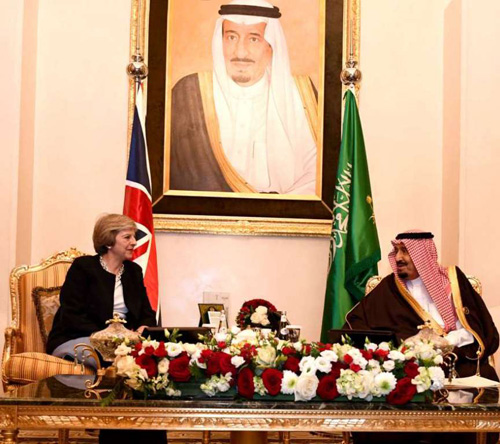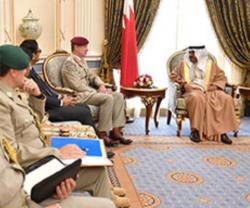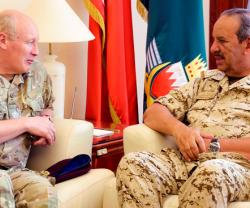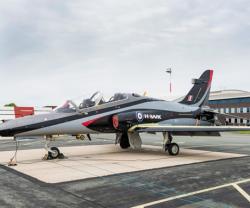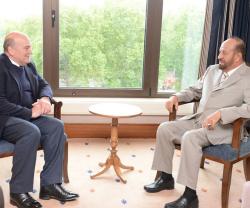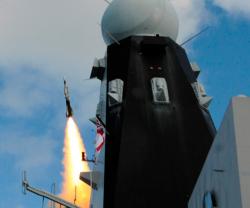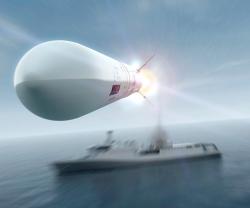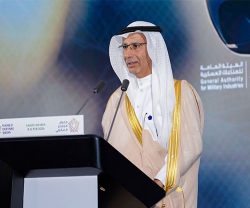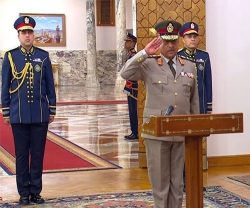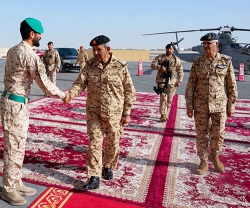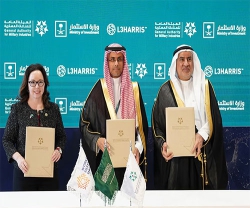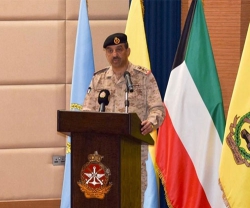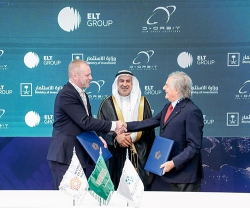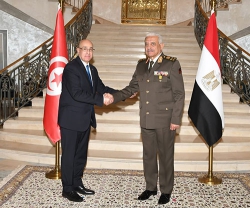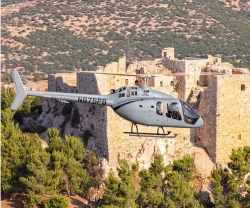British Prime Minister Theresa May was the star at the 37th Gulf Cooperation Council (GCC) Summit which concluded in Bahrain Wednesday.
The first woman and first British leader to address a GCC summit, May told Gulf leaders: “Gulf security is our security. I want to assure you that I am clear-eyed about the threat that Iran poses to the Gulf and to the wider Middle East.”
May acknowledged that the nuclear deal with world powers that limited Iran’s ability to enrich uranium “was vitally important for regional security.” But she also said parties must “work together to push back against Iran’s aggressive regional actions, whether in Lebanon, Iraq, Yemen, Syria or in the Gulf itself.”
“The risks to our shared security are growing and evolving, as terrorists operate across national borders to plot attacks against our people; as new threats emerge from the malevolent use of the Internet, and as certain states continue to act in ways that undermine stability in your region - undermining, in turn, our own security in the West and further reinforcing the need for all of us to work together,” she added.
May said she was “encouraged by recent economic and social reforms” in the Gulf, and “by the bold vision set out by all of the Gulf states for more fundamental and lasting change, most recently with Saudi Arabia’s vision for 2030.”
She praised the “rich history” between the UK and the Gulf, dating back to the mid-17th century, through the Cold War to the present day.
May said the UK’s vote to leave the European Union presented an opportunity to “go even further in working with old friends, like our allies here in the Gulf.” She added that “no country is a more committed partner” for the Gulf states than the UK in “confronting the terrorism of Al-Qaeda or the murderous barbarity of Daesh.”
May hailed the “close cooperation on counter-terrorism” between the UK and Gulf states, which has succeeded “in foiling terrorist plots and a range of threats against citizens in all our countries.” She cited intelligence from Saudi Arabia that “has saved potentially hundreds of lives in the UK.”
Stressing that the UK “will make a more permanent and more enduring commitment to the long-term security of the Gulf,” May said Britain wanted to invest more than £3 billion in defense spending in the region over the next decade.
May said the construction of HMS Jufair naval base in Bahrain would enable more British warships, aircraft and personnel to be deployed on operations in the Gulf than in any other part of the world.
She also cited “a regional land training hub in Oman” that “is establishing a permanent British army presence in the region.”
The Prime Minister announced that Saif Sareea 3, the largest UK-Omani military exercise in 15 years, would take place in Oman in 2018.
“We will establish a new British Defense Staff in Dubai to coordinate our regional activities and, here in Bahrain, we will embed a dedicated military officer with the Ministry of Interior bomb disposal unit to provide bomb scene management support and training,” said May.
“We will establish a new Joint Working Group on Counter-Terrorism and Border Security and a new National Security Dialogue at GCC level to protect critical national infrastructure, facilitate faster intelligence sharing on suspected foreign terrorist fighters and implement traveler screening systems to detect terrorists attempting to pass through any GCC airport.”
May also offered British help with cyber-security, in the form of advice from appointed experts and a new Cyber Industry Representative based in the region, “who will build links between cyber sectors in the UK and the Gulf.”

